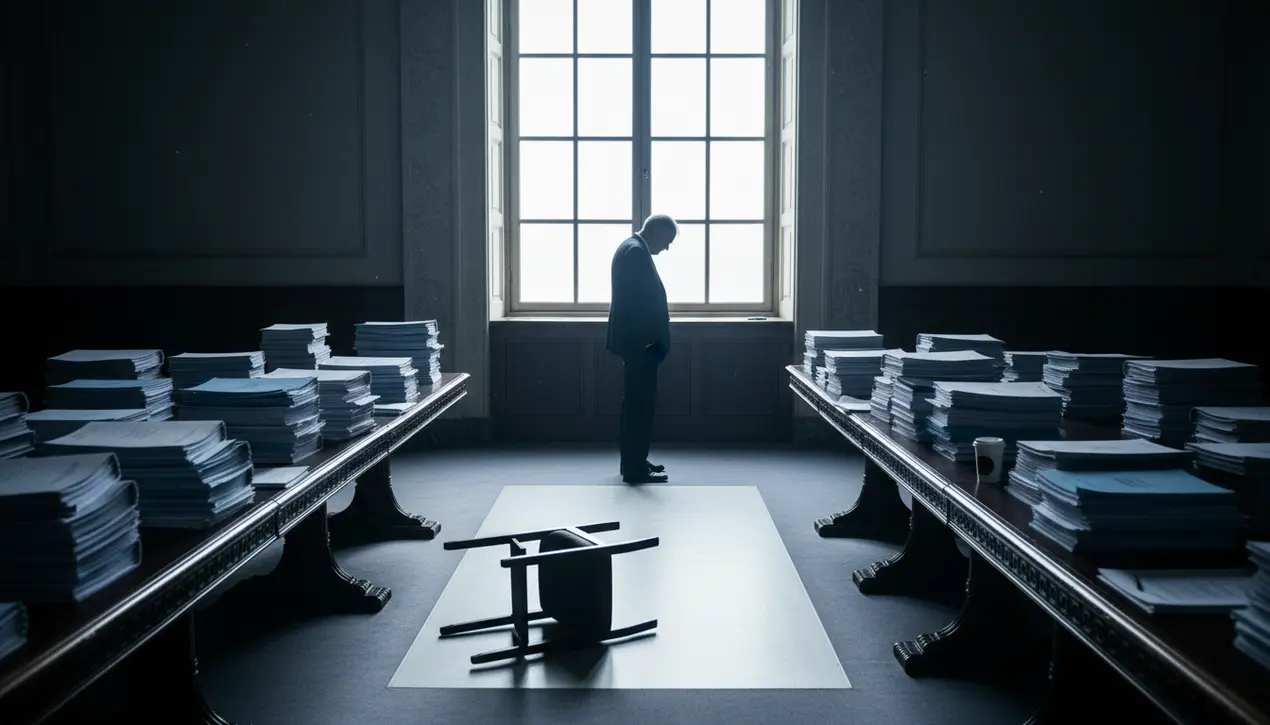- News
- courts-investigations
- The Guardian view on the Covid-19 inquiry: the UK did too little, too late. Lessons must be learned | Editorial

Politicscourts & investigations
The Guardian view on the Covid-19 inquiry: the UK did too little, too late. Lessons must be learned | Editorial
RO
Robert Hayes
21 hours ago7 min read5 comments
The latest findings from the Covid-19 inquiry paint a damning portrait of systemic failure across the United Kingdom's political structures, a sobering historical document that future generations will study with a mixture of disbelief and sorrow. While the report rightly castigates all four UK governments—noting the political divisions that crippled Northern Ireland's Executive, Nicola Sturgeon's overly centralized control in Scotland which excluded cabinet colleagues despite her personal diligence, and Mark Drakeford’s Welsh government echoing London’s fatal hesitations in autumn 2020—its most severe judgment is reserved for the UK administration under Boris Johnson.This was, after all, the government with the primary responsibility, the greatest resources, and, tragically, the most catastrophic record. Heather Hallett’s findings confirm what many suspected: that the governance of the crisis was fundamentally flawed, a failure of statecraft that will be analyzed alongside historical crises for years to come.The familiar litany of Mr. Johnson’s personal failings, from the lockdown-breaking social gatherings to the subsequent misleading of Parliament, already occupies a dark chapter in the nation's history, and this report solidifies that legacy rather than redefines it.Yet, the inquiry’s work transcends individual culpability, revealing a deeper institutional unpreparedness and a political culture that prized short-term political calculation over decisive, evidence-based action. The delays in implementing lockdowns, the initial fumbling over testing and protective equipment, and the chaotic communication strategies were not mere missteps; they were symptoms of a government caught flat-footed, its pandemic planning exposed as a theoretical exercise rather than a practical readiness.One cannot help but draw parallels to historical moments when nations were tested—the initial responses to the outbreak of World War I or the public health crises of the early 20th century—where delay and denial exacted a terrible human cost. The central lesson, which echoes through the halls of Whitehall and the devolved administrations alike, is that the UK did too little, too late.The consequences of this failure are measured not in political points but in the tens of thousands of lives lost, the families shattered, and the economic devastation that will burden the country for a generation. As with the Chilcot Report on the Iraq War, this inquiry’s true value lies not in its condemnation of the past but in its imperative for the future.The government must now undertake a fundamental overhaul of its crisis response mechanisms, investing in public health infrastructure, clarifying chains of command, and fostering a political culture where scientific advice is heeded promptly and transparently. The world remains a dangerous place, with the threat of future pandemics, climate-induced disasters, and other systemic shocks looming large. The UK’s performance during Covid-19 must serve as a stark warning and a catalyst for profound change, ensuring that when the next crisis inevitably arrives, the nation is not again found wanting, its leaders paralyzed by indecision as the storm gathers force.
#editorial picks news
#Covid-19 inquiry
#UK government response
#Boris Johnson
#public health
#pandemic failures
#Heather Hallett report
Stay Informed. Act Smarter.
Get weekly highlights, major headlines, and expert insights — then put your knowledge to work in our live prediction markets.
Comments
Loading comments...
© 2025 Outpoll Service LTD. All rights reserved.